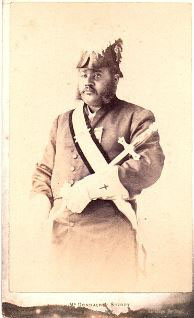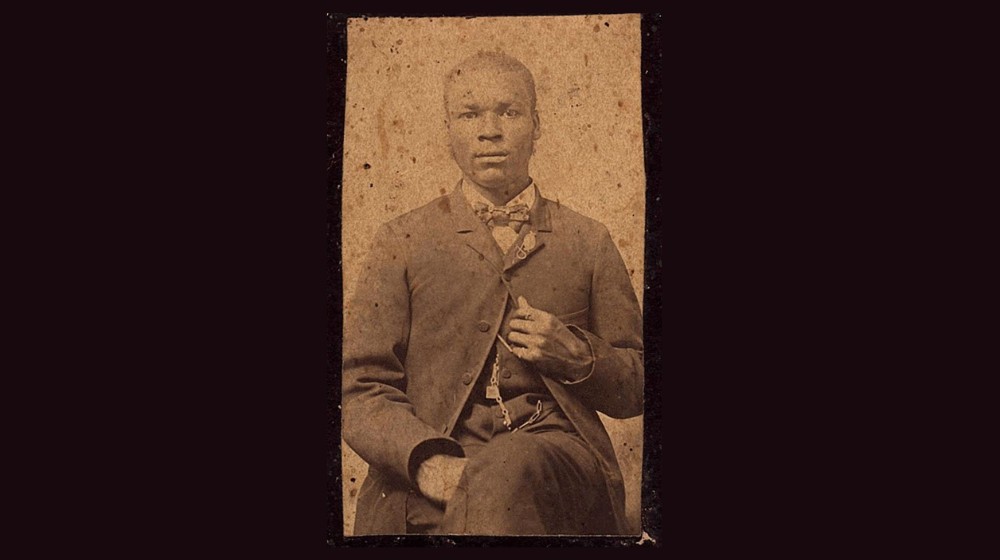Prince Hall Black Masonic Lodges

Prince Hall’s founding of a Freemason Lodge for Africans in the city of Boston is an early milestone in the uphill battle of Blacks to achieve social respect and acceptance.
Facts about the early life of Prince Hall are sketchy, but he is thought to have been born in Barbados in 1748 and to have arrived in Boston in 1765 as a slave owned by William Hall, a tanner. He masters leatherworking as an apprentice and is manumitted in 1770, becoming a freedman. Legend has it that he fights briefly in the Revolutionary War before opening his own shop making leather drumheads for the army. His business is a success, and records show him as both a property owner and voter.
From early on Hall makes it his personal mission in life to elevate the status of Blacks within American society. He becomes an admirer of Freemasonry with its stated commitment to personal integrity, brotherly love and charitable works. Around 1774 he petitions for membership in the all-white St. John’s Lodge in Boston but is rejected. Undeterred he gains acceptance for himself and 14 other Blacks from a local British army unit whose members belong to a Lodge chartered in Ireland.
When the war ends, the British vacate the Lodge and the Irish grant Hall a permit to found an African Lodge on July 3, 1776, under his title as Worshipful Master. Eight years later he applies to the masonry in England and receives a charter signed by the Duke of Cumberland for The African Lodge No. 1, later called African Lodge 459. It flourishes in Boston, and Hall opens additional lodges in Philadelphia and Providence, and then across other states.
Hall’s lodges are particularly appealing because they tap into the roots and customs of Africa. This creates its own Black community that is both comfortable and affirming. At the same time, the demands of running the day-to-day operations provide members with the skills and confidence needed to assimilate into American society.
Prince Hall is regarded as one of the most influential Black men in America as of 1800. He dies in December 1807 and is laid to rest alongside other prominent Bostonians of his time at Copp’s Hill Burying Ground. But his legacy lives on with some 5,000 Prince Hall Lodges in America, Canada, the Bahamas and Liberia serving over 330,000 members, as of 2012.
